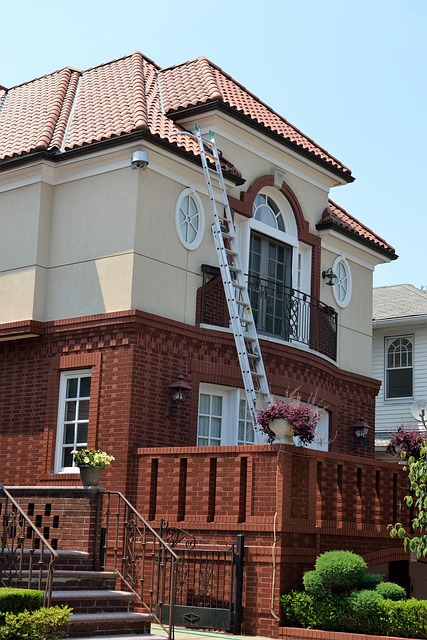Regular building inspections in real estate are vital for assessing structural and mechanical integrity. Professional inspectors use advanced tools to uncover subtle issues in frameworks, plumbing, and electrical systems, aiding professionals in valuing properties accurately. Early identification of problems prevents severe damage, enhancing safety and investor confidence. Recognizing structural and mechanical issues is key for investors and homeowners, with prompt repairs preventing costly damage.
In the dynamic realm of real estate, identifying structural and mechanical issues is paramount for investors and homeowners alike. This comprehensive guide equips you with the knowledge to navigate the process efficiently. By conducting thorough building inspections, assessing structural integrity, and recognizing mechanical system failures, you can mitigate risks and make informed decisions. Discover practical strategies and insights tailored for the real estate sector, ensuring you’re always one step ahead in maintaining and optimizing your properties.
Conduct Comprehensive Building Inspections

Regular and thorough building inspections are paramount in identifying structural or mechanical problems in real estate properties. These comprehensive assessments go beyond surface-level observations, delving into the intricate details of a structure’s framework, plumbing, electrical systems, and more. Professional inspectors employ advanced tools and techniques to detect even the subtlest signs of distress, ensuring that potential issues are not overlooked.
By conducting these inspections, real estate professionals can gain valuable insights into a property’s condition. This knowledge becomes essential for accurately appraising values, negotiating terms, and setting realistic expectations for buyers or sellers. Moreover, identifying mechanical problems early on can prevent more severe and costly damages in the future, thereby benefiting both owners and occupants alike.
Assess Structural Integrity and Stability

When evaluating a property in real estate, assessing the structural integrity and stability is paramount. This involves meticulously inspecting the foundation, walls, roof, and overall framework for any signs of damage, cracks, or imbalances. A professional inspector should look for indicators that suggest structural issues, such as uneven floors, sloping walls, or misaligned doors and windows.
These checks are crucial because they help identify potential problems like foundation settling, water damage, or poor construction quality. Addressing these issues early can prevent further deterioration and ensure the safety and longevity of the property. In real estate, maintaining a sound structural base is essential for both investor confidence and occupant peace of mind.
Identify Mechanical System Failures

In the realm of real estate, identifying structural or mechanical problems is paramount for investors and homeowners alike. Mechanical system failures can be a significant concern, especially in older properties. Regular maintenance plays a crucial role in preventing such issues; however, even well-maintained systems may eventually reach their limit. Common mechanical failures include faulty heating and cooling units, outdated plumbing, and inefficient electrical wiring. These problems not only impact the property’s comfort and safety but also affect its overall value and marketability.
For instance, a malfunctioning HVAC (Heating, Ventilation, and Air Conditioning) system can lead to increased energy bills and uncomfortable living conditions. Similarly, leaky pipes or outdated electrical panels can cause extensive damage and pose safety risks. Real estate professionals should be adept at recognizing signs of such failures during inspections. Regular check-ups and prompt repairs are essential to avoid more serious and costly problems down the line.






